In 2021, Natasha Craft opened her first Yotta bank account and was so happy that she encouraged her friends to sign up as well. The app made saving money enjoyable and simple, and Craft, a 25-year-old FedEx driver from Mishawaka, Indiana, was occupied with organizing her finances and planning a wedding.

She used the startup’s debit card to pay for her expenses and had her wages deposited directly into a Yotta account.
The Illusion of Convenience and Financial Perks
Sometimes, the app even covered some of her transactions. It gamifies personal finance with weekly sweepstakes and other flashy features. “There have been occasions when I went to buy something and got it for free,” Craft said to CNBC.

Her life savings of $7,006 are currently caught up in a complicated legal battle litigated by the bankruptcy court, online forums like Reddit, and regulatory channels. In addition to Yotta, a number of other startups and their banks have found themselves in a moment of reckoning for the fintech industry.
The Illusion of Safety in Fintech’s Promises
Fintech promised consumers the best of both worlds: the safety of government-backed accounts kept at actual banks, along with the innovation, use, and excitement of the newest apps. The firms validated their innovative products by prominently showcasing the protections the Federal Deposit Insurance Corporation provided.

After all, according to the FDIC’s website, no depositor “has ever lost a penny of FDIC-insured deposits” since the organization’s founding in 1934. However, the growing fallout from Synapse’s failure as a fintech middleman has exposed this safety claim as an illusion.
Widespread Impact of Fintech Failures
According to co-founder Adam Moelis, since the beginning of May 11th, 2024, over 100,000 Americans with deposits totaling $265 million have been locked out of their accounts. Approximately 85,000 of these customers were Yotta clients.

A FedEx driver in Indiana, a preschool owner in Oakland, a Disney talent analyst in New York, a computer engineer in Santa Barbara, a high school teacher in Maryland, a parent in Connecticut, and a social worker in Seattle were among the affected fintech users from various backgrounds that CNBC spoke with.
ALSO READ: 15 States With High Cost of Living To Be Avoided if You Are Single in the United States
The Role of Intermediaries in Fintech Operations
Like most popular fintech apps, Yotta was not a bank but relied on partner institutions like Tennessee-based Evolve Bank & Trust to provide debit cards and checking accounts. Synapse was a vital intermediary that stood between Yotta and Evolve, tracking balances and looking for fraud.

Established in 2014 by Sankaet Pathak, a first-time entrepreneur, Synapse operated in the “banking-as-a-service” category with companies like Unit and Synctera. Thanks to Synapse, startups that offer customer-facing interactions, like Yotta, were able to quickly gain access to the rails of the regulated banking sector.
The Collapse of Synapse and Its Ripple Effect
Synapse was a major player in the Banking-as-a-Service (BaaS) market, with contracts involving 100 fintech companies and 10 million users. This business model benefited fintech companies and small banks by enabling startups to provide banking services quickly without growing into banks.

However, in May 2024, a key system used by Yotta’s bank was shut down due to Synapse’s bankruptcy, throwing thousands of Americans into financial chaos and disrupting the fintech industry.
A Reckoning in the BaaS Model
Former OCC lawyer Michele Alt predicts that the Synapse failure will be an anomaly in the Banking-as-a-Service (BaaS) model. Despite the setback, the sector is dominated mainly by popular finance apps like PayPal, Chime, and Block’s Cash App, which collaborate with banks and account for 60% of new fintech account openings.
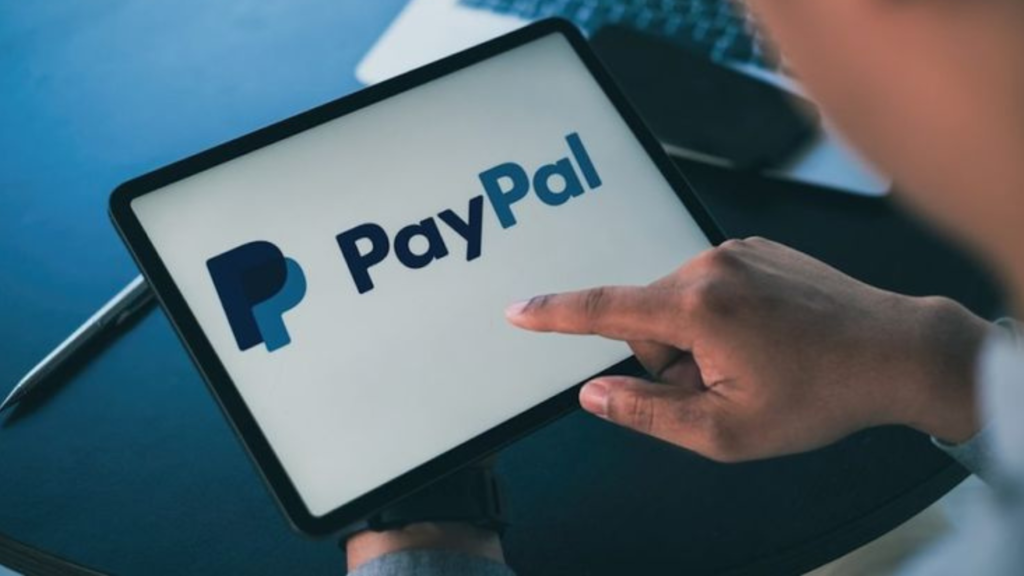
The fact that Block and PayPal are listed on stock exchanges and that Chime is expected to follow suit the following year highlights the model’s ongoing relevance and growth.
Risks of Fintech Over Traditional Banking
While industry insiders point out that companies like Cash App, PayPal, and Chime are better at lingering and reconciliation than Synapse, they could still be riskier than working directly with banks, particularly regarding primary accounts.
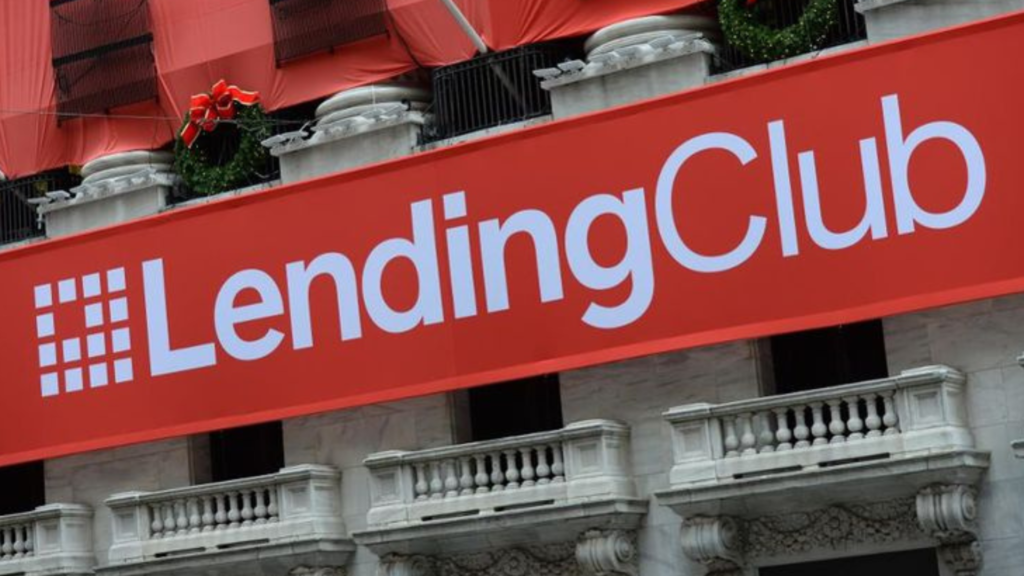
For financial expenditures, LendingClub CEO Scott Sanborn suggests interacting directly with banks to provide FDIC insurance. After paying $185 million to acquire Radius in 2020, LendingClub—which had previously operated as a fintech lender in collaboration with banks—became a fully regulated bank, demonstrating the advantages of conventional banking.
The Risks of Banking-as-a-Service
After acquiring Radius Bank, Scott Sanborn, CEO of LendingClub, they discovered serious security risks in the “banking-as-a-service” (BaaS) space. Instead of using intermediaries like Synapse, regulators concentrate on partner banks to control risks and prevent fraud.
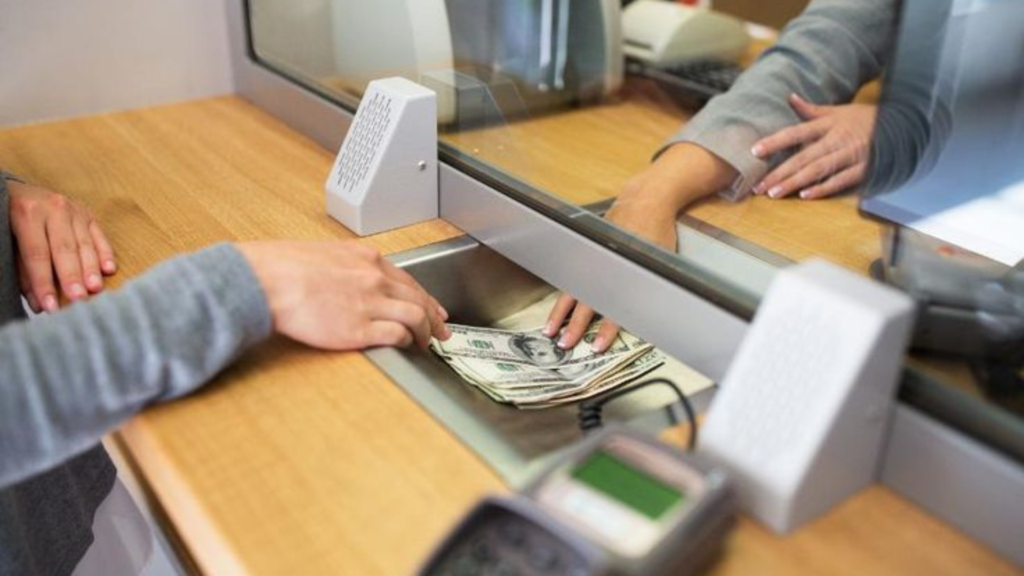
Small banks, however, frequently lack the resources necessary to carry out these responsibilities successfully. Foreseeing such potential challenges, Scott Sanborn reduced LendingClub’s fintech business. Despite these concerns, the Financial Technology Association maintains that banks are not the sole reliable sources of financial services.
ALSO READ: Despite a New $314 Million Contract, Jayson Tatum Chooses Financial Caution
Regulatory Response and the Uncertain Future
Regulators may penalize banks that provide services to fintech companies due to the Synapse scandal, which might have significant consequences. For instance, the Federal Reserve reprimanded Evolve Bank for improperly overseeing its fintech partnerships.

The FDIC made it clear that even in cases where banks cooperate, customer deposits might not be entirely protected and that nonbank failures will not activate FDIC insurance. As it stands, the FDIC’s position on fintech client coverage is still unclear: “The short answer is: it depends.”
False Sense of Security Among Fintech Customers
CNBC’s clients felt their money was safe because Evolve had FDIC protection, even if their circumstances varied. When an Oakland preschool owner used Curacubby to process tuition, she believed her money was safe. She has since taken out loans after $236,287 in tuition was frozen in May 2024.
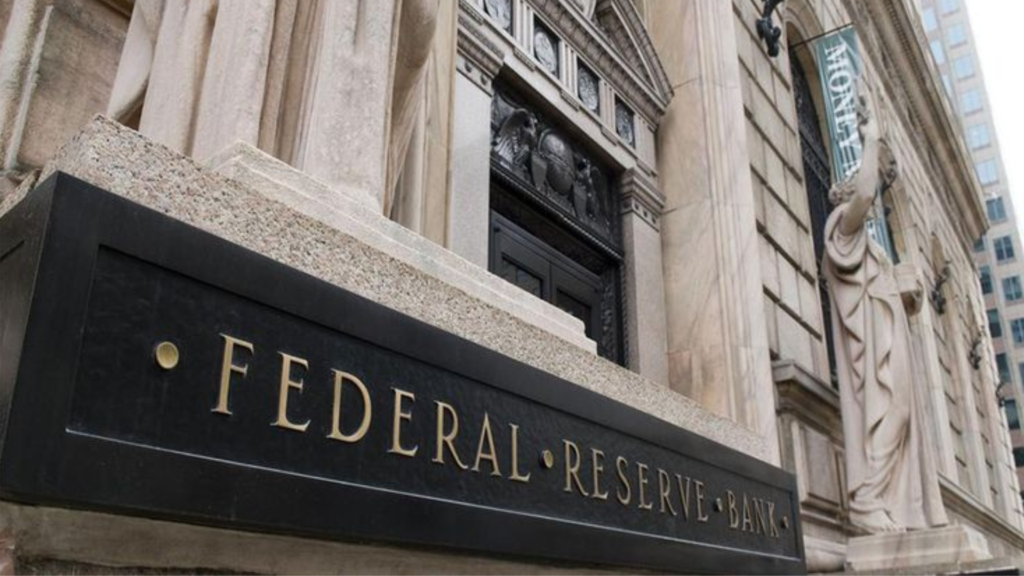
The 62-year-old businesswoman, who wished to remain anonymous, is now uncertain that she will get her money back quickly and worries that it will throw off her retirement plans. Regretfully, she said, “I’m thinking I probably won’t see that money.”
Customers Facing Long Waits and Uncertain Recoveries
The worst-case scenario for people impacted by the Synapse crisis is coming to pass. Even while some clients have received partial payments, many still need complete reimbursement. A potential $96 million shortage makes everything more difficult.
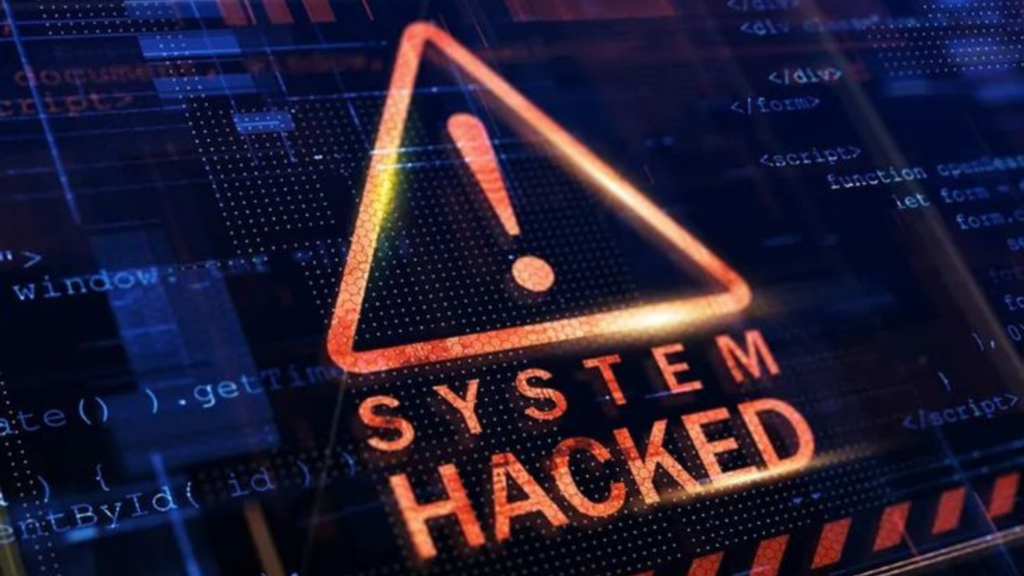
The bank’s agreement on a resolution has not materialized, and a bankruptcy court is debating which authorities can step in. Meanwhile, a cyberattack exposing sensitive data worsened Evolve’s problems and left consumers waiting a long time with no guarantees.
You Might Also Like:
‘Micro Weddings’ Are the New Trend as Couples Cannot Afford Inflated Wedding Prices
McDonald’s Reintroduces Limited-Time Pie Flavor
Celebrations End As Fast Food Chains Move To Cut Work Hours After Hike in Wages
How Athletic Brewing Is Leading the Non-Alcoholic Beer Boom With a $50 Million Investment
McDonald’s Surprisingly Brings Back an Old-Time Favorite of Their Customers

